June 3, 2025 | 17:30 GMT +7
June 3, 2025 | 17:30 GMT +7
Hotline: 0913.378.918
June 3, 2025 | 17:30 GMT +7
Hotline: 0913.378.918
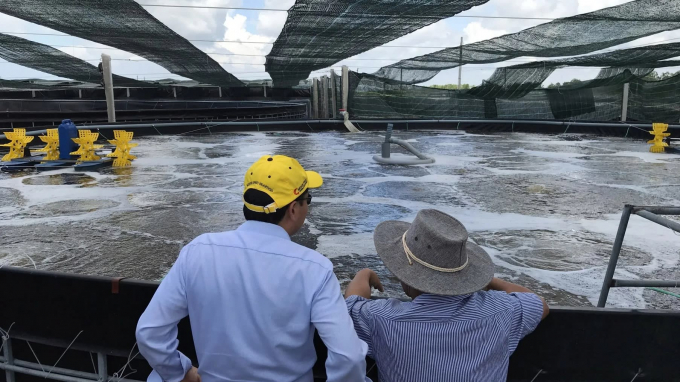
A shrimp farming model of Minh Phu. Photo: TL.
On February 11, Minh Phu Seafoods Joint Stock company received a complaint settlement decision from the US Customs and Border Protection (CBP).
After receiving Minh Phu's complaints, CBP's Office of Regulation and Rulings carefully analyzed the evidence and records of traceability from raw shrimp through many stages of production and export to the US that Minh Phu provided during the EAPA investigation from October 2019.
According to CBP, Minh Phu has an effective traceability system, allowing the separation of imported shrimp and domestic raw shrimp, as well as traceability from raw shrimp to finished frozen shrimp. It provided a reliable report and cooperated with best efforts throughout the EAPA investigation. The evidence that Minh Phu has provided CBP is reliable and complete.
The fact that Minh Phu itself detected and reported on errors (eg, 13 kg of Indian shrimp has entered 1 container for export to the US) shows that Minh Phu has been honest and fully cooperating with CBP. Minh Phu proved that it did not use Indian shrimp for frozen shrimp exported to the US.
Therefore, the Decison dated 29/10/2020 on imposing anti-dumping tariffs on Indian shrimp on Minh Phu, is unreasonable and not based on real evidence. Minh Phu did not violate the regulations of EAPA. As a result, CBP decided to cancel the anti-dumping tariffs imposed on Indian shrimp on Minh Phu shrimp products exported to the US.
Minh Phu continues to be able to export frozen shrimp to the US without having to pay additional anti-dumping tariffs on Indian shrimp or any other anti-dumping tariffs. At the same time, Minh Phu will also be refunded the levies that have been temporarily paid in accordance with Decision dated October 13, 2020.
Previously, on October 13, 2020, the EAPA of CBP decided to impose anti-dumping tariffs on Indian shrimp on Minh Phu shrimp exported to the US based on the judgment that the traceability system of Minh Phu still had some small errors, Minh Phu had not cooperated fully because it could not provide detailed records of every kind of raw shrimp every export shipment with information and documents as requested by this agency.
Confident about its data and systems, Minh Phu Seafood decided to file an administrative complaint to the senior CBP agency on November 10, 2020, requesting a review of the above conclusion, because it had ignored the most important evidence that Minh Phu has its own effective traceability system (not exactly that required by the EAPA) and does not use Indian raw shrimp for export into the US.
According to Mr. Le Van Quang, Minh Phu’ CEO, in order to obtain the recognition in CBP's Decision dated February 11, 2021, Minh Phu has been trying its best to build and maintain a traceability system for every type of material and farming area, as well as a modern software system for storing and processing data on production-accounting for many years.
From the end of 2019, Minh Phu's analytical and traceability method has been approved by the Oceanic and Meteorological Administration (NOAA), under the US Department of Commerce.
In the EAPA Investigation, Minh Phu leaders and its employees, along with a team of lawyers, had to work intensely over a year to provide CBP with a huge amount of information and records.
On the other hand, right from July 2019, before the EAPA investigation was initiated, despite a shortage of raw shrimp, Minh Phu's leaders decided to stop importing raw shrimp from India and instead, expand domestic farming areas and increase investment in modern technology to renovate breeds and breeding technology.
By the end of 2020, Minh Phu has successfully researched, developed, and piloted a high-tech shrimp farming model 2-N-4, then put it into operation in two of its farming areas: Minh Phu Kien Giang (600 ha) and Minh Phu Loc An (300 ha).
In addition, for many years, Minh Phu has been establishing a network of shrimp suppliers across the Mekong Delta with diverse models of sustainable shrimp farming, such as 100,000 hectares of industrial shrimp farming, 25,000 hectares of mangrove ecological shrimp farming, and more than 10.000 ha of shrimp-rice farming area.
Translated by Thu Hang

(VAN) The U.S. is the largest market for Vietnamese cashew nuts. However, when exports to the U.S. encounter difficulties due to reciprocal tariffs, Vietnamese cashews still have many other potential markets.
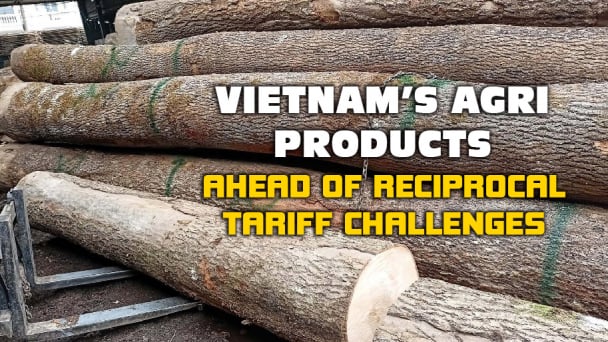
(VAN) Reciprocal tariffs present a significant obstacle to Vietnam's wood exports to the United States; however, domestic wood businesses are endeavoring to preserve their market share in this critical market.
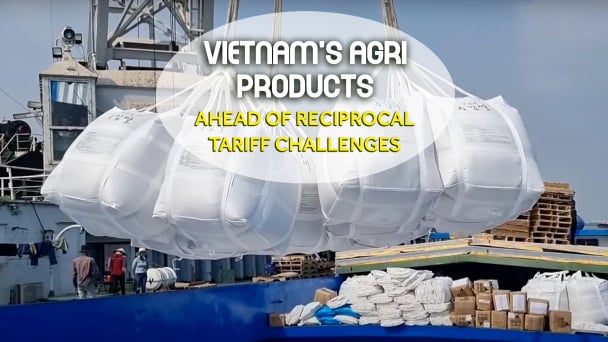
(VAN) Businesses in Vietnam are attempting to export rice to the United States ahead of the implementation of reciprocal tariffs, while remaining their optimism regarding this critical market.
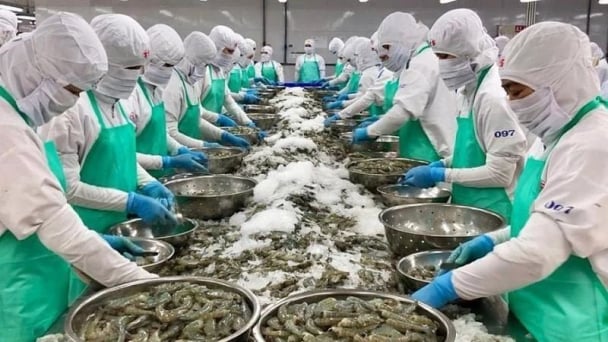
(VAN) From containers of cashew nuts, shrimp to in-depth technical dialogues, agricultural cooperation between Vietnam and the United States is entering a period of sustainable and two-way development.
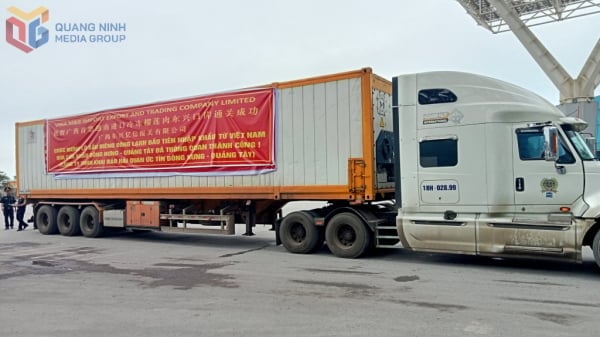
(VAN) After the talks on May 28, Vietnam successfully exported its first batch of frozen durians to China, marking a new milestone in agricultural trade cooperation between the two countries.
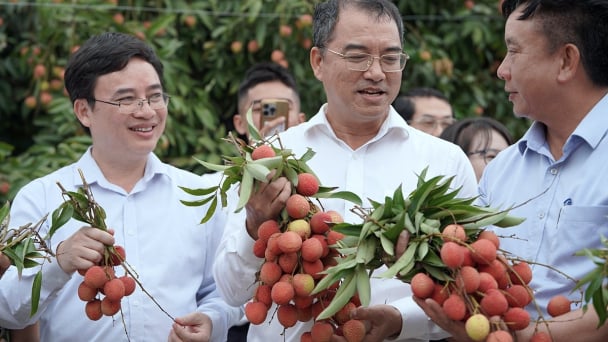
(VAN) Several major companies, such as Red Dragon and Ameii Vietnam, have signed purchasing agreements for the 2025 season, targeting markets including Japan, the United States, and the EU.
/2025/05/30/5010-5-173638_943.jpg)
(VAN) On May 29, at the GO! My Tho Trading Center, the Tien Giang Department of Industry and Trade, in collaboration with Central Retail Corporation, held the opening ceremony of the 3rd Fruit Festival 2025.